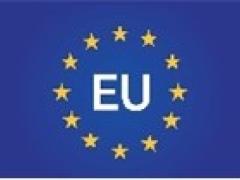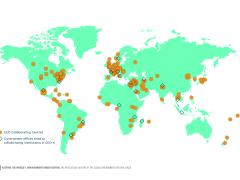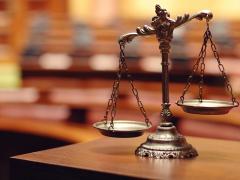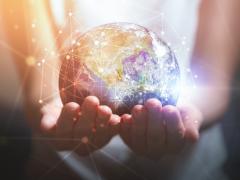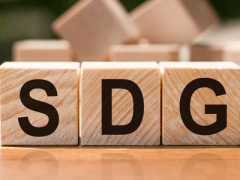
Sustainable Development
The most commonly used definition of Sustainable Development is: ‘Development that meets the needs of the present, without compromising the ability of future generations to meet their own needs’. Essentially, it is about the quality of life and the possibilities to maintain or improve this quality in the future.
Operationalising the concept in global policies resulted in Agenda 21 in 1992 and the Millennium Development Goals (MDGs) in 2000. More recently the Sustainable Development Goals (SDGs) have been adopted, the central element in the 2030 Agenda for Sustainable Development. This ambitious agenda builds on agenda 21 and the MDGs and should serve as a reference point for international sustainable development until 2030.
News
Science-policy interfaces for transformative change? Insights from our innovative session at the Earth System Governance conference
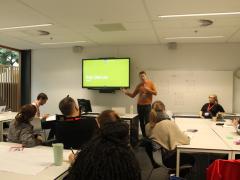
Infographic presentations illustrate coherent approaches for global sustainable development
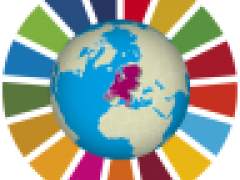
Publications
Limited consumer willingness diminishes the potential environmental gains of dietary change

